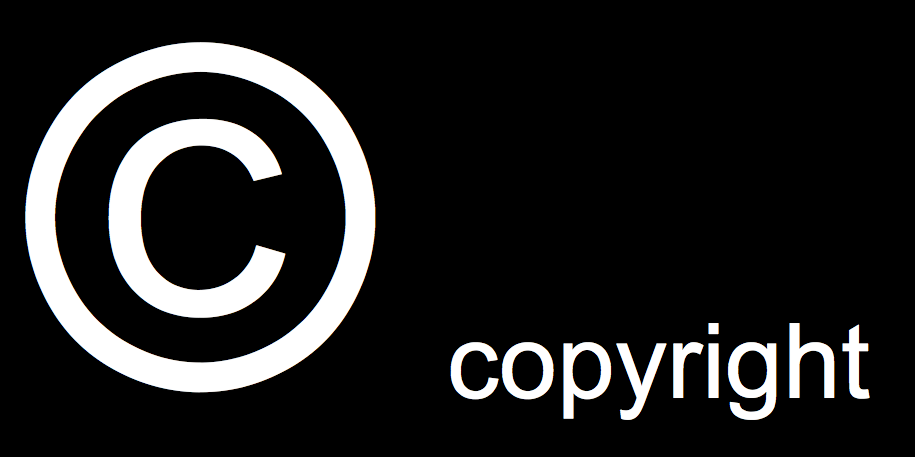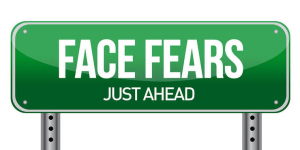French political economist Frederic Bastiat (1801-1850) published a satire essay entitled “The Candle Maker’s Petition” in 1845. In the essay, all manufacturers of artificial lighting, as well as the “producers of tallow, oil, resin, alcohol, and generally of everything connected with lighting” petition for protection against the sun’s unfair competition. “If you shut off as much as possible all access to natural light, and thereby create a need for artificial light, what industry in France will not ultimately be encouraged?” the manufacturers inquire. They ask that all windows and other means through which sunlight enters homes be blocked, consequently increasing consumption rates of artificial lighting.
Hypothetically speaking, if the Chamber of Deputies act on the manufacturers’ request, how would it affect the people? By prohibiting a free alternative and thus needlessly raising costs, the people would lose disposable income. Moreover, consumers would find this prospect absurd, as natural light is so easily obtainable at no cost. In fact, sunlight is so easy to attain that they would be strongly inclined to access it despite the law, and save their money for things they deem more valuable.
Although the composition ultimately advocates the free market, it could also be applied to similar controversial subjects. Indeed, in a similar way to candle makers advocating against the unfairness of the sun’s free service, copyright holders advocate the arrests of those who provide their material online in a free and easily accessible manner. The rapid progression of the internet has made illegally obtaining music, films, and TV shows as easy as obtaining sunlight. It may be prohibited by law, and the integrity of it is certainly questionable–but how detrimental is piracy to film and recording industries, and who is ultimately responsible for it?
In many cases, Internet Service Providers are blamed for the issue, though they claim no liability. ISPs argue that they merely provide a means of sending information, and therefore any copyrighted material on their website is the fault of their consumers. Under the Digital Millennium Copyright Act (DMCA), in order to avoid liability ISPs must not be aware of or benefit financially from their customers’ copyright infringements, and upon learning of them must remove the infringements and terminate their respective user accounts.
ISPs such as Kim Dotcom have been harassed as well as arrested by the FBI on account of the supposed unfairness of their service. Dotcom is the founder of Megaupload, a top-15 file sharing site, as well as its many sister sites. While some customers used the websites appropriately for business and personal use, others uploaded vast amounts of copyrighted material. Despite thousands of take down requests from copyright holders, Dotcom did few things in compliance. Instead, he set strict limits on the amount of material copyright holders could remove, because the illegal content was a source of revenue. The accounts of “repeat infringers” (customers who uploaded copyrighted material numerous times) were not terminated—in fact, Megaupload paid them for their popular uploads. In the end, the FBI arrested Kim Dotcom and his executives in a highly unlawful and inappropriate manner, stealing millions of dollars worth of his possessions in the process of the arrest.
The intentions of the Megaupload executives were never innocent, and their actions, or lack thereof, were unlawful. Because of this, it is difficult to be sympathetic, and easy to point blame. However, by comparing the situation to other analogous ones, it becomes more difficult to discern the right and wrong of the matter than one might think.
Gunsmiths, for example, provide the means for both protection and crime. If a citizen chooses to use his weapon in an immoral manner, is it the fault of the gunsmith for providing the means? The answer is no, because the gun was out of his control as soon as he sold it; thus any criminal actions by the customer are the fault and responsibility of that customer. Mustn’t the same rules apply to ISPs if a consistent line of thinking is followed? Such difficult questions make Kim Dotcom’s case much less black and white.
Even so, copyright holders still push for the arrests of ISPs because they believe piracy is detrimental to the growth of their companies. Just as a lack of natural light would cause the artificial lighting business to flourish, so the discontinuance of illegal downloading would cause record and production companies to do the same. In their favor, a report from the Institute for Policy Innovation suggests “U.S. sound recording industries are now sustaining approximately $5.33 billion in losses as a result of global and U.S. piracy. In addition, U.S. retailers are losing another $1.04 billion.” If this is fact, film and recording industries have unfairly lost a substantial amount of what they are owed.
The problem with this argument is the baseless assumption it makes. It is impossible to prove that all illegally downloaded material would have been purchased legally, had it not been available for free. In fact, this prospect is highly unlikely because consumers purchase material when its value is compatible with the price. Since audiences prefer to pirate material, that would suggest TV shows and movies are overpriced.
Illegal downloading is popular not only because it’s free, but because it is so quickly and easily obtainable. Expecting audiences to wait 3 days for their material to arrive in the mail or to leave home to buy films is contradictory to today’s fast paced society. I’m not suggesting that piracy is excusable, but that blaming the ISPs or consumers who engage in piracy ignores the larger issue–that film and recording industries are not providing their customers with what they want, the way they want it. Ultimately, this makes them partially responsible for illegal downloading.
Instead of pointing blame at ISPs, manufacturers should acknowledge the needs of their audience. Illegal downloading becomes less interesting when an easy and legitimate alternative is provided. Therefore, industries can avoid copyright infringement by providing their audiences with cheaper and more practical alternatives.
Internet streaming services such as Spotify and Netflix prove the truth in this statement. These services provide audiences with on-demand access to thousands of songs, movies, and TV shows for 10$ a month. According to Norwegian research body Ipsos MMI, piracy has experienced a significant plummet since these industries took off. In 2012, 210 million songs were illegally downloaded, compared to a staggering 1.2 billion four years prior. Additionally, 65 million films and 55 million TV shows were pirated in 2012, compared to the 125 and 135 million of 2008. Because Spotify, Netflix, and similar online streaming services provide audiences with what they want, when they want it, piracy has become significantly less of a phenomenon.
In conclusion, just as it is absurd to expect people to discontinue use of the sun, so it is unreasonable to expect consumers to adhere to old ways when society is changing. As manufacturers continue to tailor their products to meet the needs of consumers, piracy rates will continue to decline, and film and recording industries will continue to grow.
Chana Elizabeth







